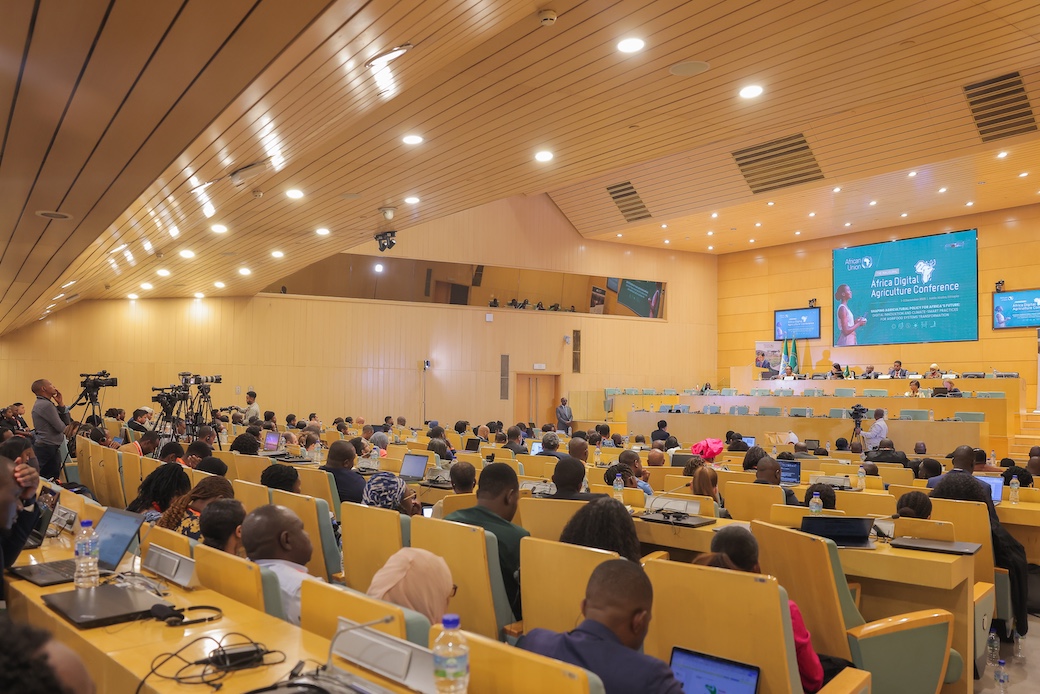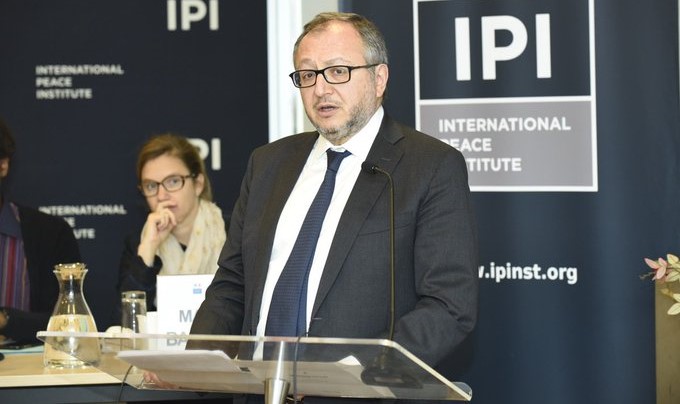Germany denies reports of availability of 250,000 job opportunities for Kenyans

The labour migration agreement was finalised on September 13, 2024, in Berlin during a meeting between President Ruto and German Chancellor Scholz.
Germany has refuted claims that there are 250,000 job opportunities for Kenyan workers under its newly signed labour migration agreement with Kenya.
Despite reports from Kenyan leaders suggesting that up to 250,000 skilled Kenyan workers could soon head to Germany, German authorities have clarified that no specific numbers have been agreed upon.
More To Read
- Anti-immigration politics contribute to racism in Germany
- Malkia Strikers fall to Germany as allowances row finally settled
- German Chancellor Merz calls Gaza situation "unacceptable"
- Why Germany struggles to attract African skilled workers
- Germany to end visa appeal process on July 1, forcing rejected applicants to court
- Germany, Norway reopen embassies in Juba as South Sudan tensions ease
In a statement on X, Germany stressed that while the agreement is aimed at addressing its skilled labour shortage, particularly in sectors like Information Technology (IT) and healthcare, the migration of Kenyan workers will be governed by strict rules under the German Skilled Immigration Act.
"This information is clearly false. The agreement between Germany and Kenya does not include any numbers or quotas of skilled workers who will have the opportunity to work in Germany. All applicants must fulfil the strict requirements of the German Skilled Immigration Act," Germany’s Ministry of Interior and Homeland said on X.
This Information is clearly false. The agreement between Germany and Kenya does not include any numbers or quotas of skilled workers who will have the opportunity to work in Germany. All applicants must fulfil the strict requirements of the German Skilled Immigration Act. https://t.co/XnT8cWZIMX
— Bundesministerium des Innern (@BMI_Bund) September 14, 2024
This response contrasts with statements made by President William Ruto during a recent interview with DW.
Ruto said the deal would facilitate the migration of 250,000 workers to Germany as part of a broader plan to boost employment prospects for Kenya’s skilled workforce. The revelations were made following the agreement, signed by President Ruto and German Chancellor Olaf Scholz.
Signing of Labour Mobility Partnership Agreement, The Chancellery, Berlin, Germany. https://t.co/u3B8CIBqIT
— William Samoei Ruto, PhD (@WilliamsRuto) September 13, 2024
What the Agreement Entails
The labour migration agreement was finalised on September 13, 2024, in Berlin during a meeting between President Ruto and German Chancellor Scholz. The deal aims to create job opportunities for Kenyan professionals and students while addressing Germany's critical shortage of skilled workers.
Kenyan officials have highlighted the agreement's potential to open doors for Kenyans in the digital sector and promote technology transfer between the two countries. Key provisions in the deal include streamlined migration processes, particularly for those in IT and healthcare, and fast-tracked visa processing for Kenyan students and workers.
Germany, however, maintains that all migrants will still have to meet the requirements laid out in the Skilled Immigration Act, including qualifications and language skills.
The waiver of the job market test, a provision that had been an obstacle to hiring foreign workers, is seen as one aspect that will make it easier for qualified Kenyans to enter the German workforce.
While the lack of a fixed quota may temper expectations, the agreement still holds significant potential for qualified Kenyans. It includes provisions for long-term visas for students, skilled workers, and apprentices, as well as extensions for temporary residence permits. It also opens pathways for vocational training, allowing Kenyans to train and transition into employment in Germany.
Germany’s decision to streamline the visa process and eliminate the job market test are seen as key changes that will make it easier for qualified Kenyans to find work. However, officials stress that only those who meet the high standards set by Germany’s immigration law will be eligible.
Top Stories Today












































